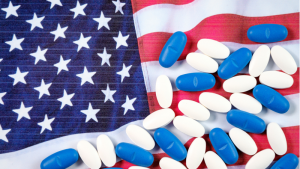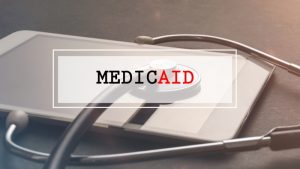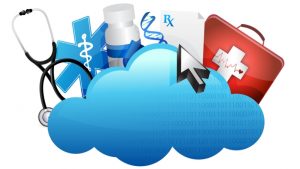The state of Maryland is not properly securing Medicaid data and information systems, according to a Department of Health and Human Services (HHS) Office of Inspector General (OIG) report released today that found “numerous significant system vulnerabilities” in the state’s IT systems.
In the seven years since it was launched, the General Services Administration’s (GSA) Challenge.gov platform has demonstrated that crowdsourcing can be a winning approach to problem solving in government.
Systems integration and exploring new functionality are two major technological challenges for states pursuing their own health care initiatives, according to Jim Hardy, Deloitte Consulting’s Medicaid advisory services lead.
The state of Maryland received $200 million from the Federal government to upgrade its technology, $14 million of which will be used to build a new suite of applications for the health and human services field.
The Department of Health and Human Services recently became the first agency to release an information technology strategic plan since the enactment of the Federal Information Technology Acquisition Reform Act (FITARA). The plan assesses where the department stands with its use and management of IT and outlines how it will improve by 2020. HHS spends […]
The Centers for Medicare & Medicaid Services gave approximately $20 million to 11 organizations for the first year of a five-year training and education program on the Quality Payment Program. CMS intends to invest an additional $80 million over the last four years of the program.
HHS’ Office of the National Coordinator for Health Information Technology announced the Phase 2 winners for the Consumer Health Data Aggregator Challenge and the Provider User Experience Challenge. Winners had to develop a market-ready application that would allow consumers and providers to aggregate health data from different sources into one, secure area.
The Department of Health and Human Services’ (HHS) Office of the National Coordinator for Health Information Technology recently released the 2017 Interoperability Standards Advisory (ISA).
The National Institute on Alcohol Abuse and Alcoholism, a division of the National Institutes of Health, just launched a competition for wearable devices capable of measuring blood alcohol in near-real time. The device ideally would be able to measure alcohol in the blood or fluid from the body’s cells, instead of the existing technology that measures alcohol via sweat.













